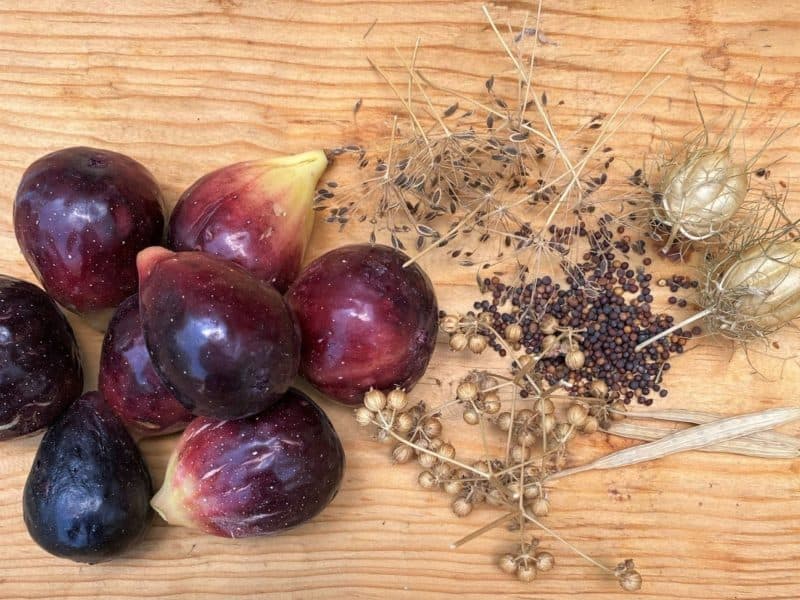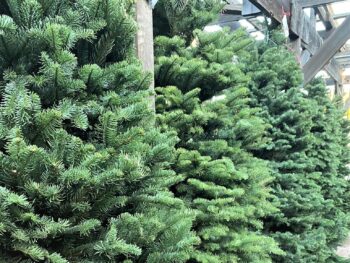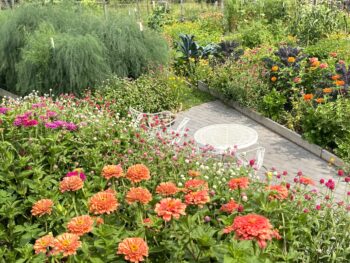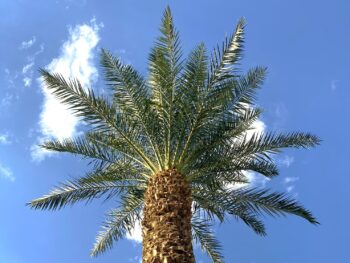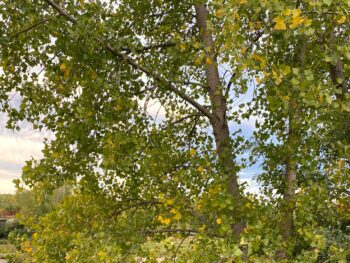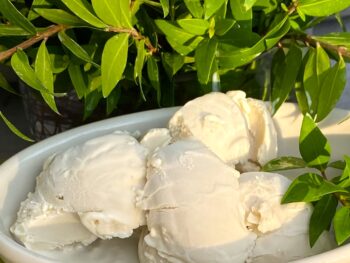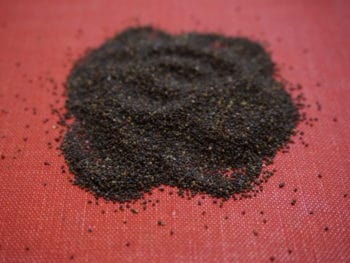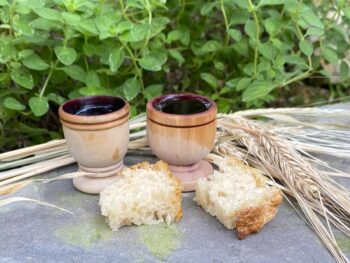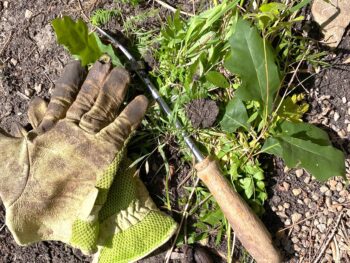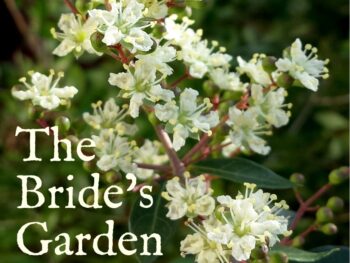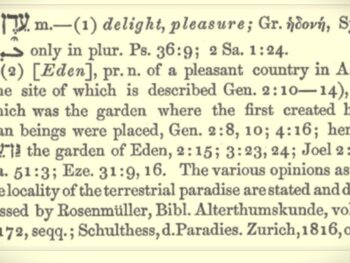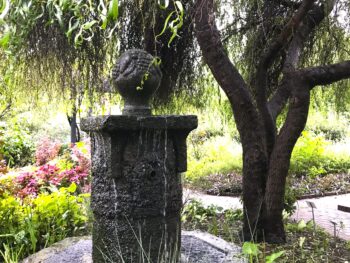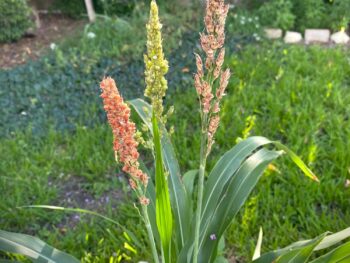It is officially fall, and the hope of harvest is upon us! Figs and the other fall fruits fill gathering baskets and all sorts of garden-to-table meals come to mind for celebrating the spread. Yet in more temperate gardens, like those of the Holy Land, generally having cold-hardy exposures of Zones 8 and 9, it is also a seed-sowing time. “Seedtime and harvest,” spoken in God’s promise to Noah as melodious metaphor for spring and fall, has a double-meaning for those who garden south of the 35th parallel. And don’t forget northern gardeners who are so committed to homegrown garden goodness that they construct row covers, hoop houses, or cold-frames to shelter leafy-greens and herbs through winter’s freezing months. They are busy planting seeds at harvest time, too!
As long as the earth endures, seedtime and harvest, cold and heat, summer and winter, day and night will never cease.” Genesis 8:22 NIV
“Lettuce” dig into this age-old, seasonal pledge with a fresh perspective from the garden.
Pendulum Promise
Keeping in mind the earth as he knew it had just been destroyed by catastrophic rains, Noah was understandably ready for reassurance and encouragement to carry on his livelihood. God gave an eloquent usher of confidence, declaring that he would never again terminate all-earth’s life-filled activity in the Words of Genesis 8:22.
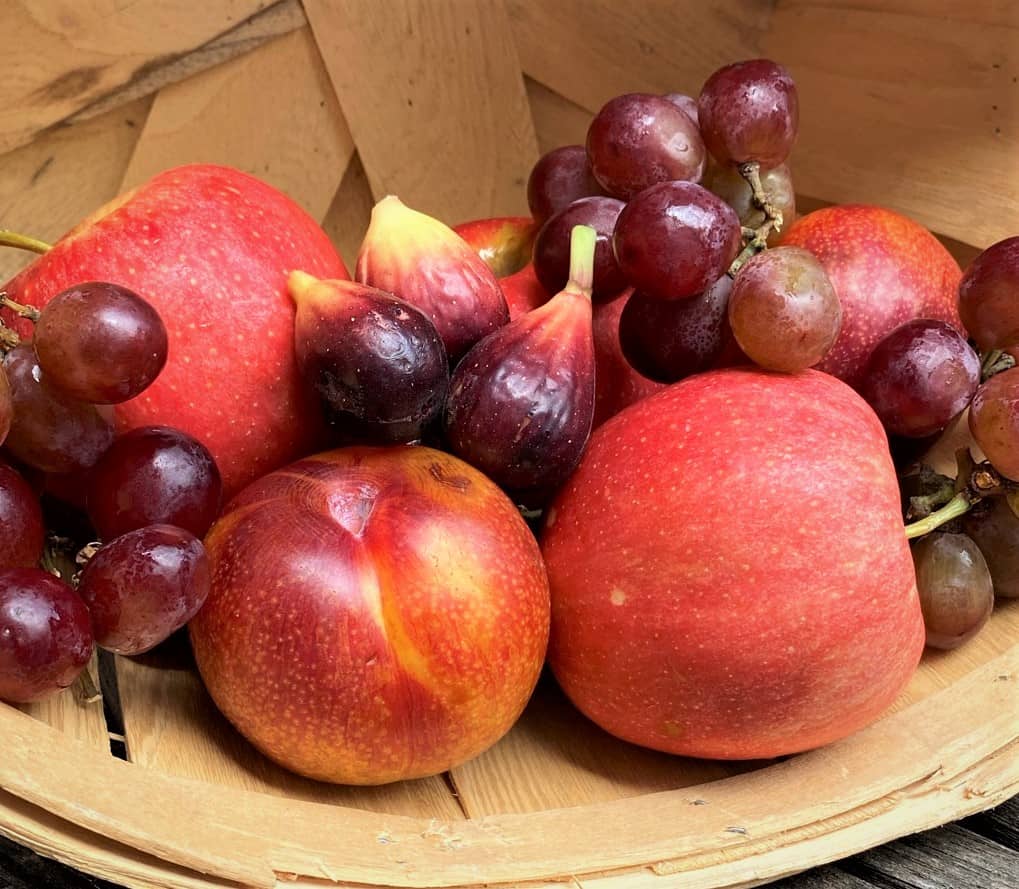
Yet He couched this promise in extremes, decreeing that day will follow the darkest night; even the coldest winter will surrender to summer; and likewise, sun-scorched summers will be quenched by temperatures falling in winter’s retreat. It was a tell-tale comfort: Things may seem to go too far, Noah, or to the brink of unbearable. But rest assured, rhythm has been established to reign in the extremes. It was a pendulum promise, imparting endurance and wisdom about seasonal change as its own constant.
In this context, “seedtime and harvest” implied spring and fall workloads at opposite times of the year, an assurance that painstaking plowing and preparing soil, sowing seed, and watching for weeds, etc., would result in hunger-satisfying harvest, along with seed-bearing for the cycle to begin again when spring returned.
God gifted triumph to Noah, that hard work and heart-testing times would be held in tension with reprieve and reward, and would not overcome his family. When Jesus spoke to his disciples, his assurance resounded God’s peace to Noah:
These things I have spoken to you, that in me you may have peace. In the world you shall have distress: but have confidence, I have overcome the world. John 16:33 DRA
These soothing Words are handholds for us today, imparting strength in the difficult struggles of the seasons—in the garden and in life. We are reminded that bleak situations are connected to bounty in due time; overwhelming yields will resolve; and in reality, seedbeds appearing barren are rich in provision—just let those seeds take root and grow!
Garden Insight
However, Mediterranean and other mild winter gardeners know that seedtime and harvest happen together; they are not necessarily opposing practices, but simultaneous, on-going works, hinting to the life-never-ending quality of eternity with God.
A thief is only there to steal and kill and destroy. I came so they can have real and eternal life, more and better life than they ever dreamed of. John 10:10 The Message
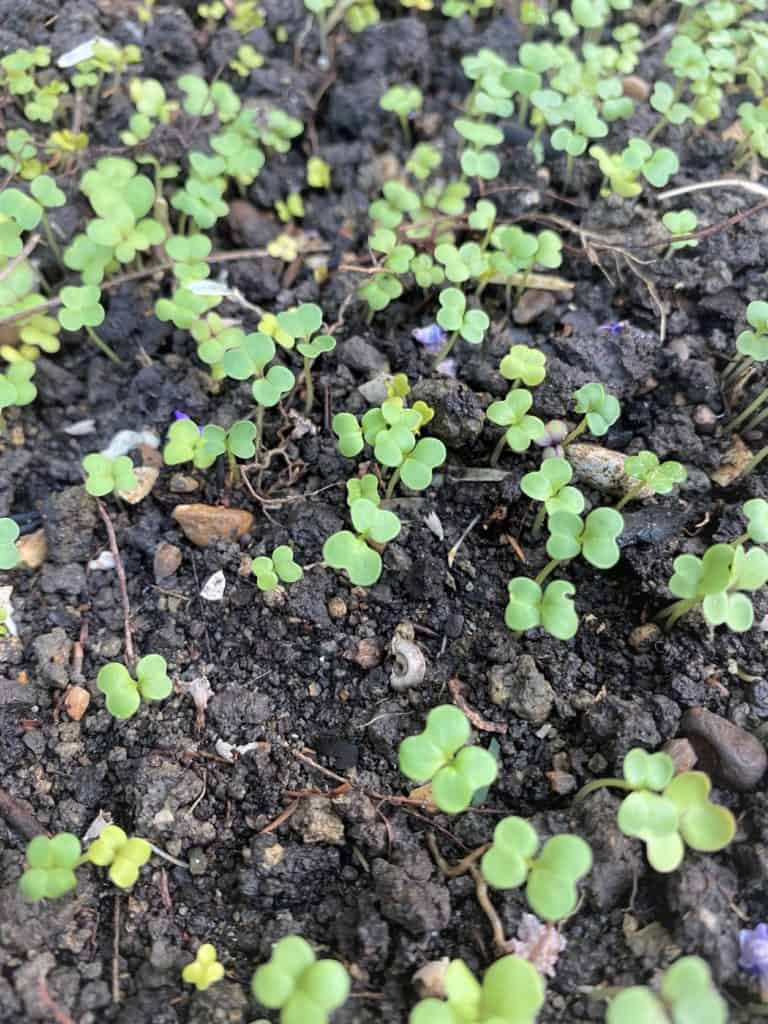
Milder climates mean spring-harvested crops are planted as the fall fruits are gathered from the trees and summer vegetables give up their waning produce. Pull the pumpkin vines and plant broccoli and cauliflower. Pick apples and scatter mustard seeds. Seedtime and harvest are one and the same, a picture of perpetual abundance. Notice with garden insight, God’s promise to Noah also foretold the prophet Amos’ vision:
“The days are coming,” declares the Lord, “when the reaper will be overtaken by the plowman and the planter by the one treading grapes. New wine will drip from the mountains and flow from all the hills, and I will bring my people Israel back from exile. “They will rebuild the ruined cities and live in them. They will plant vineyards and drink their wine; they will make gardens and eat their fruit. Amos 9:13-14 NIV
Amos saw a flourish and flurry of agricultural activity, harvesting and processing from the vineyards alongside plowing and planting fields and garden beds—ongoing, prosperous, bustle and bounty accompanying his nation’s restoration.
This Scripture also pictures the Sukkot, or Feast of Tabernacles gatherings happening this week among Jewish and Messianic followers of God. Also called Feast of Ingathering, family dinners are celebrated in temporary shelters or sukkahs to commemorate God’s provision to the Israelites in the wandering years of the Sinai Desert. All the while, the holiday hints to its opposite, the permanent, everlasting, perpetual life we have with God by belonging to Him.
On each bank of the river stood the tree of life, firmly planted, bearing twelve kinds of fruit and producing its sweet crop every month throughout the year. And the soothing leaves that grew on the tree of life provided precious healing for the nations. Revelation 22:2 VOICE
We glimpse our complete restoration, written in the Words of Revelation, a forever fruitful harvest.
Sow What?
Enjoy the harvest, from garden or grocery store, while getting ready for seed-starting new crops. What seeds go in the ground at such a time as this? Sow cool season annuals like wheat, barley, flax, bitter herbs (chicory and endive) and lettuces, mustard-family greens and vegetables, and the umbel herbs and spices—dill, fennel, coriander (cilantro), cumin, along with celery, carrots, and parsley—they will all sprout and thrive as autumn temperatures come to stay.
Get started with how-to’s in Must Have Mustards, Growing Barley’s Mystery, and Bitter Herbs Blitz, and many more ideas for growing these plants are found in our Plant Guide. Let these fall-sown crops connect you to more and more of God’s Word!
Seedtime and Harvest Prayer
Prayer: O Lord, it is an exciting time in my garden life, gathering a harvest of fruits in the crisp autumn air, setting the table in rich, jeweled tone of the season, and sowing seeds for new, cool season crops. Yet keep me mindful of the much greater harvest: All your people returning to you, enrolled and engaged in your eternal life. Thank you, Jesus, for forever-life with you, for all You did to win forever-life with You! (Hebrews 10:10) O God, give me eyes to notice your change of seasons (Luke 21:30-31) and recognize the times you come to me (Luke 19:44). I pray to respond and yield to You, in your might Name, Amen.
But the one who plants in response to God, letting God’s Spirit do the growth work in him, harvests a crop of real life, eternal life. Galatians 6:9 The Message
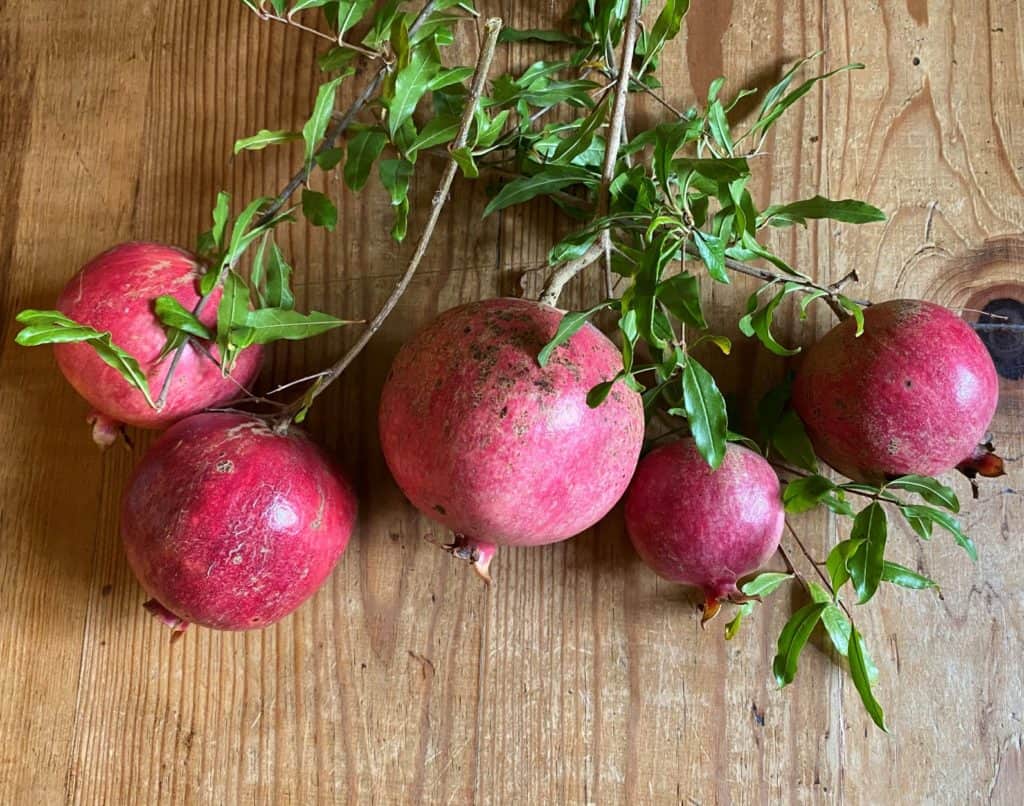
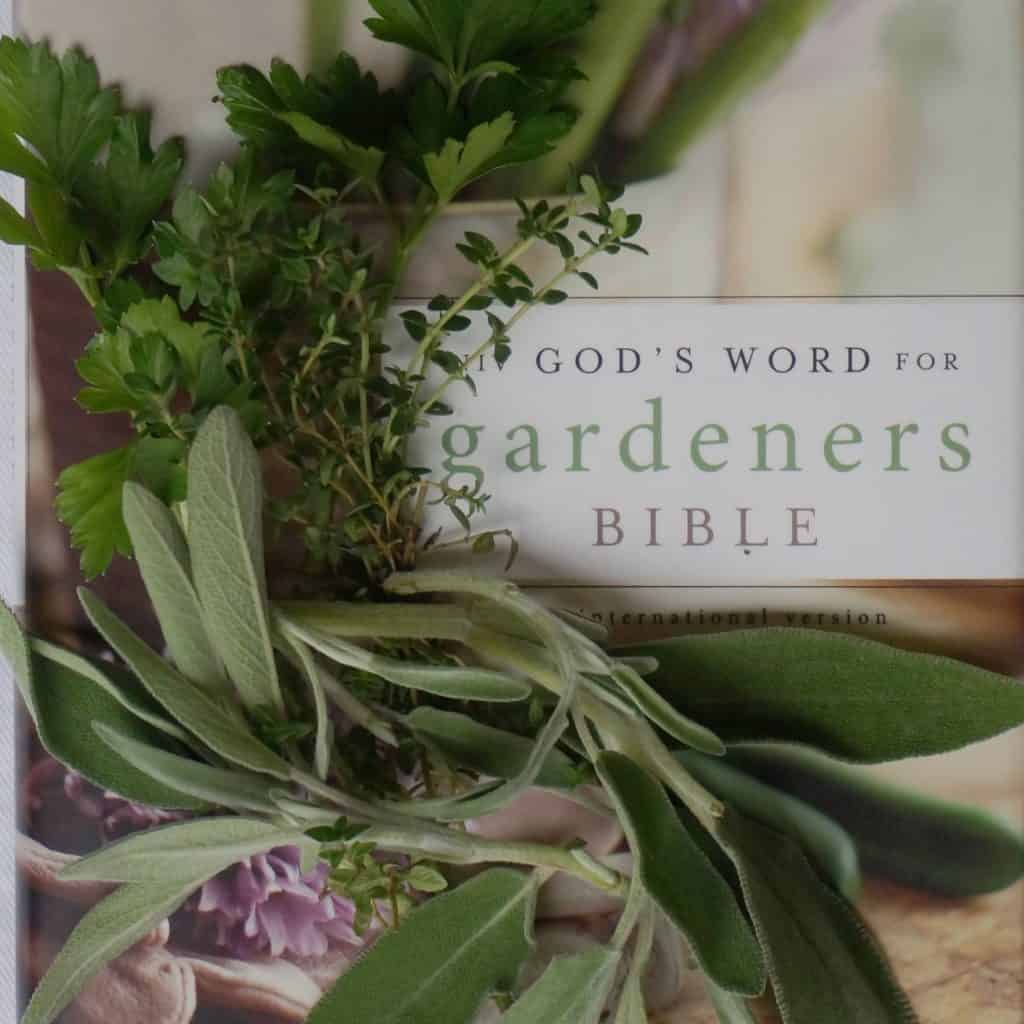
Find more devotions on the harvest in God’s Word for Gardeners Bible, from the Garden Work section on Celebrating the Harvest, beginning on page a-36, and the Garden Stories section on The Harvest of Righteousness, page a-47
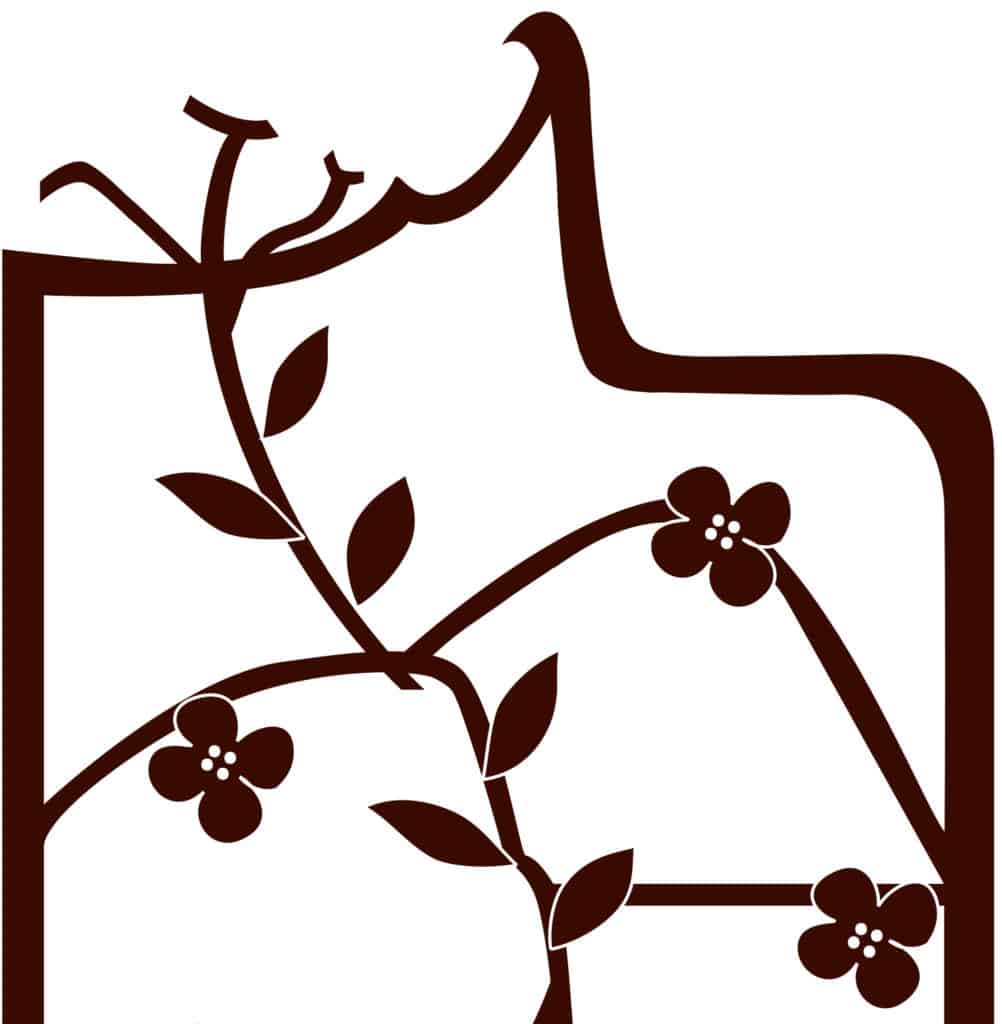
Our website’s Plant Guide will help you find more plants from the Bible to grow in your garden
Photo Credits: ©2021 Shelley S. Cramm Figs harvested from backyard trees alongside seeds saved from dill, mustard, coriander, and nigella plants grown last spring – with a handful of Renee’s Garden Cut-and-Come-Again Mustard Seeds (affiliate link), my favorite mustards in the garden!
DRA denotes the Douay–Rheims Bible is a translation of the Bible from the Latin Vulgate into English made by members of the Catholic seminary English College, Douai, France. It was first published in America in 1790 by Mathew Carey of Philadelphia. Several American editions followed in the 19th and early 20th centuries; prominent among them the Douay-Rheims 1899 American Edition Version. This edition of the text has been converted from the 1899 edition of the John Murphy Company, Baltimore, Maryland, and is in the Public Domain.
MSG or The Message denotes Scripture quotations taken from THE MESSAGE, copyright © 1993, 2002, 2018 by Eugene H. Peterson. Used by permission of NavPress. All rights reserved. Represented by Tyndale House Publishers, a Division of Tyndale House Ministries.
NIV denotes Scripture quotations taken from the Holy Bible, New International Version®, NIV®. Copyright © 1973, 1978, 1984, 2011 by Biblica, Inc.® Used by permission of Zondervan. All rights reserved worldwide. www.zondervan.com The “NIV” and “New International Version” are trademarks registered in the United States Patent and Trademark Office by Biblica, Inc.®
VOICE denotes Scripture quotations taken from The Voice™. Copyright © 2012 by Ecclesia Bible Society. Used by permission. All rights reserved.

